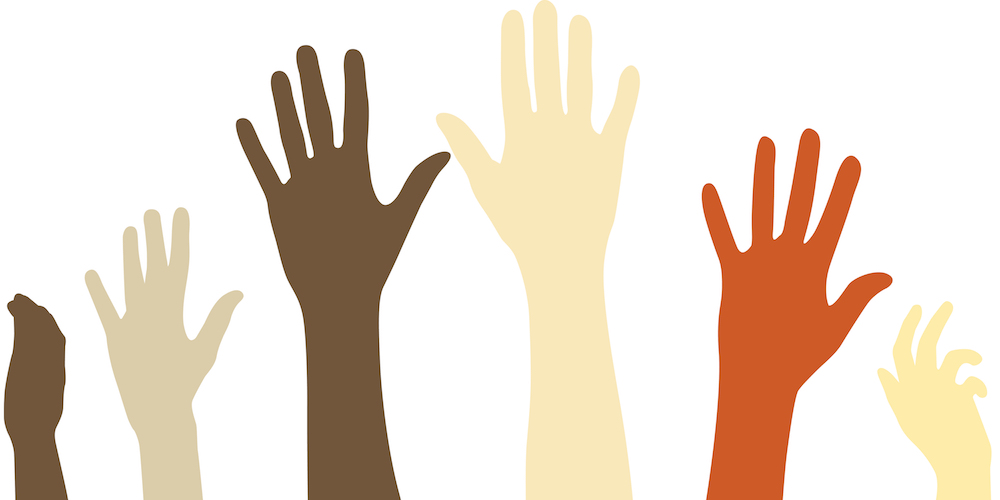With the inundation of horrifying stories of gender-based sexual abuse, assault, and harassment both in and out of the church in the wake of the #MeToo movement, my personal response was gratitude. Sure, there are times when it has not been easy being a girl or a woman in this world. There are things that I have to consider that most men do not when I go out for a run or when I’m the last person to leave the church at night. I’ve also been on the receiving end of sexist and suggestive comments, but after hearing story after story, my #MeToo moments seemed to pale in comparison. It feels like an immense grace that I managed to participate in sports, school, musical activities, and church as a child and adolescent without being treated or touched inappropriately and with adults who genuinely cared for me and had my best interest at heart. And while I’ve encountered sexism in my professional and vocational life from both men and women, its toll is more amorphous and hard to define.
The criticism from both men and women that the #MeToo movement has gone too far is discouraging. It is painful to realize that people we once admired and trusted have critical flaws and have abused their positions, though that realization is certainly not as painful as the experiences of those who directly suffered. None of us is perfect, but we are all responsible for our behavior even within a sinful, patriarchal system. In our defensiveness, we insist that #NotAllMen are perpetrators of the worst kinds of behavior coming out of the #MeToo stories, but tearing down the patriarchal structures that encourage and enable this behavior requires more than passivity and going along with the status quo. It will take effort, openness, and a willingness to learn for all of us, men and women, to be actively anti-sexist. To me, the worst part of many #MeToo stories is not the initial infraction by an individual, but the ways in which companies, communities, and institutions side with and protect the perpetrator, further victimizing the powerless.
In this liturgical season of repentance, led by our confession on Ash Wednesday to “our exploitation of other people” and “our indifference to injustice and cruelty,” what should our response be to the structural sin that fosters the situations that created #MeToo? First and foremost, we listen to these experiences openly without trying to explain them away, and we let our hearts be convicted by them. However, the fruit of repentance is action, so it must not end there. Those given power and privilege within the system: use that to elevate the voices of women, particularly women of color. Call out sexist comments and behaviors. Hire women. Pay women to write and to lead retreats and to give keynote addresses and to sit on panels. Shun the good ol’ boys network in favor of seeking out equally talented and called women.
Throughout my own vocational journey, I feel incredibly blessed that many of my best mentors, advocates, and supporters were men. While I doubt that some of these men would even call themselves feminists, they deliberately invested time and energy into nurturing my gifts and making sure I had positions where they were utilized. Even at 16, when I was exploring the very beginnings of a call to ordained ministry, the senior pastor of the large suburban Methodist church I attended took time out of his very busy schedule to meet with me and offer his expertise and support. Other male clergy I’ve known intentionally sought to call women, even in times and places where that was not always popular. Good male allies who desire a better and different world are critical in this fight. We need each other.
Collaboratively and cooperatively, fighting the sin of sexism in our midst with the grace of God, we can create a better church and a better world.
The Rev. Kira Schlesinger is currently serving as the interim rector of St. Ann’s Episcopal Church in Nashville, Tennessee. She is the author of “Pro-Choice and Christian: Reconciling Faith, Politics, and Justice,” and is a regular contributor to the website Ministry Matters. She also enjoys training for and competing in running races and triathlons.


